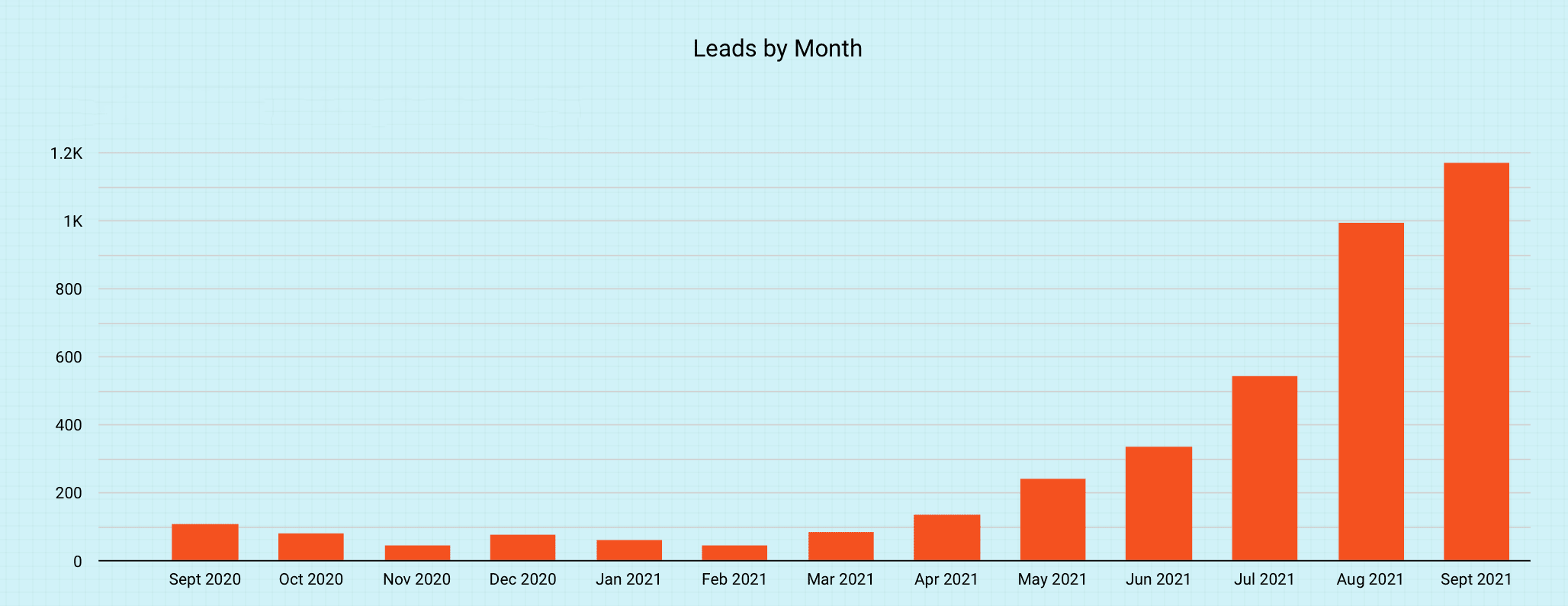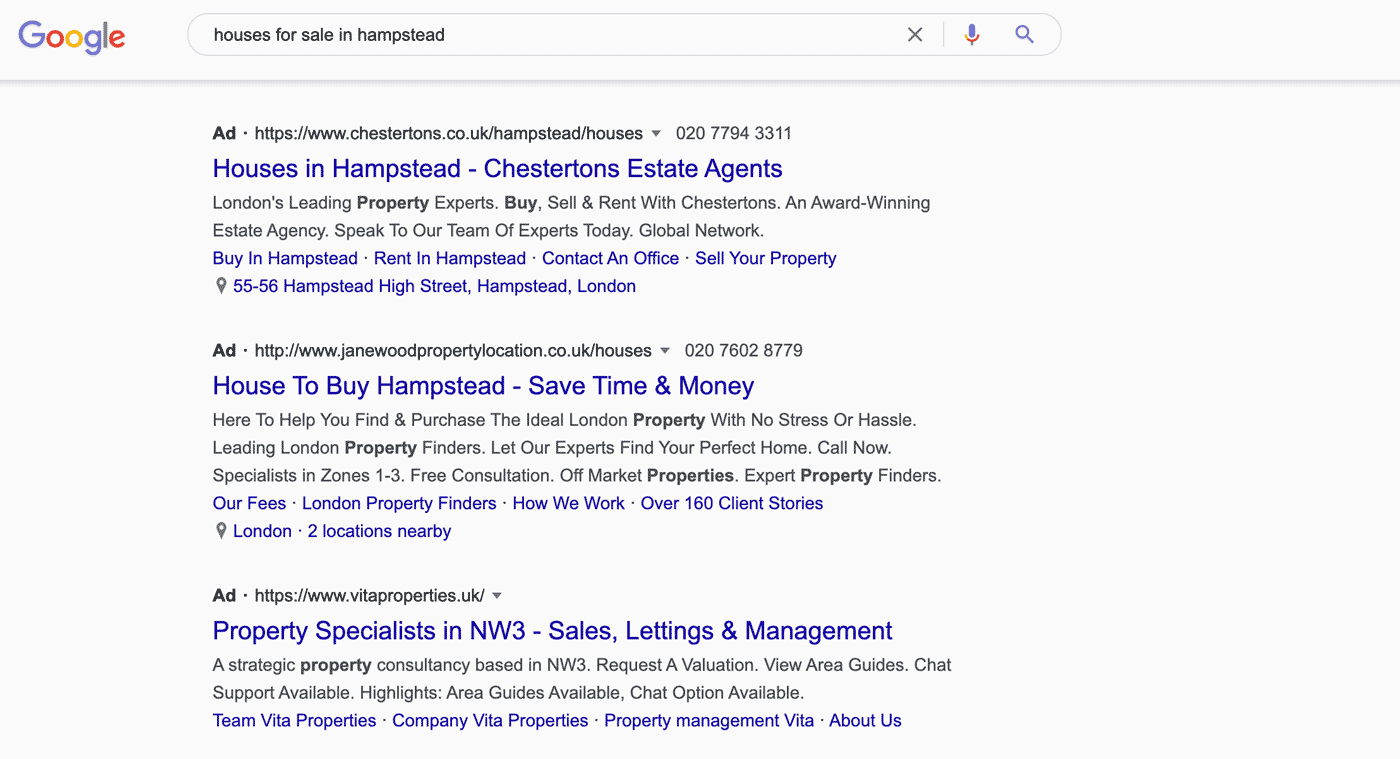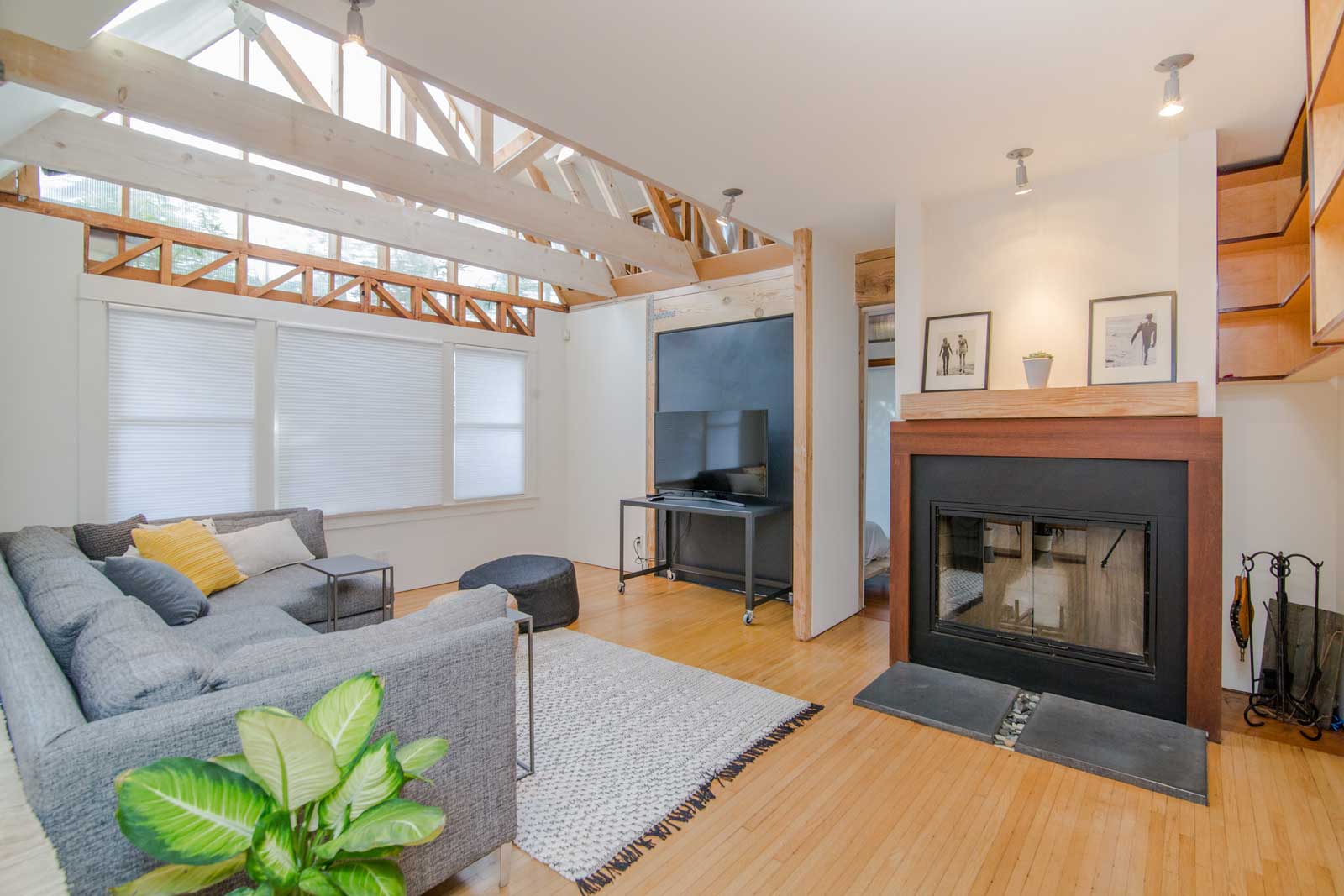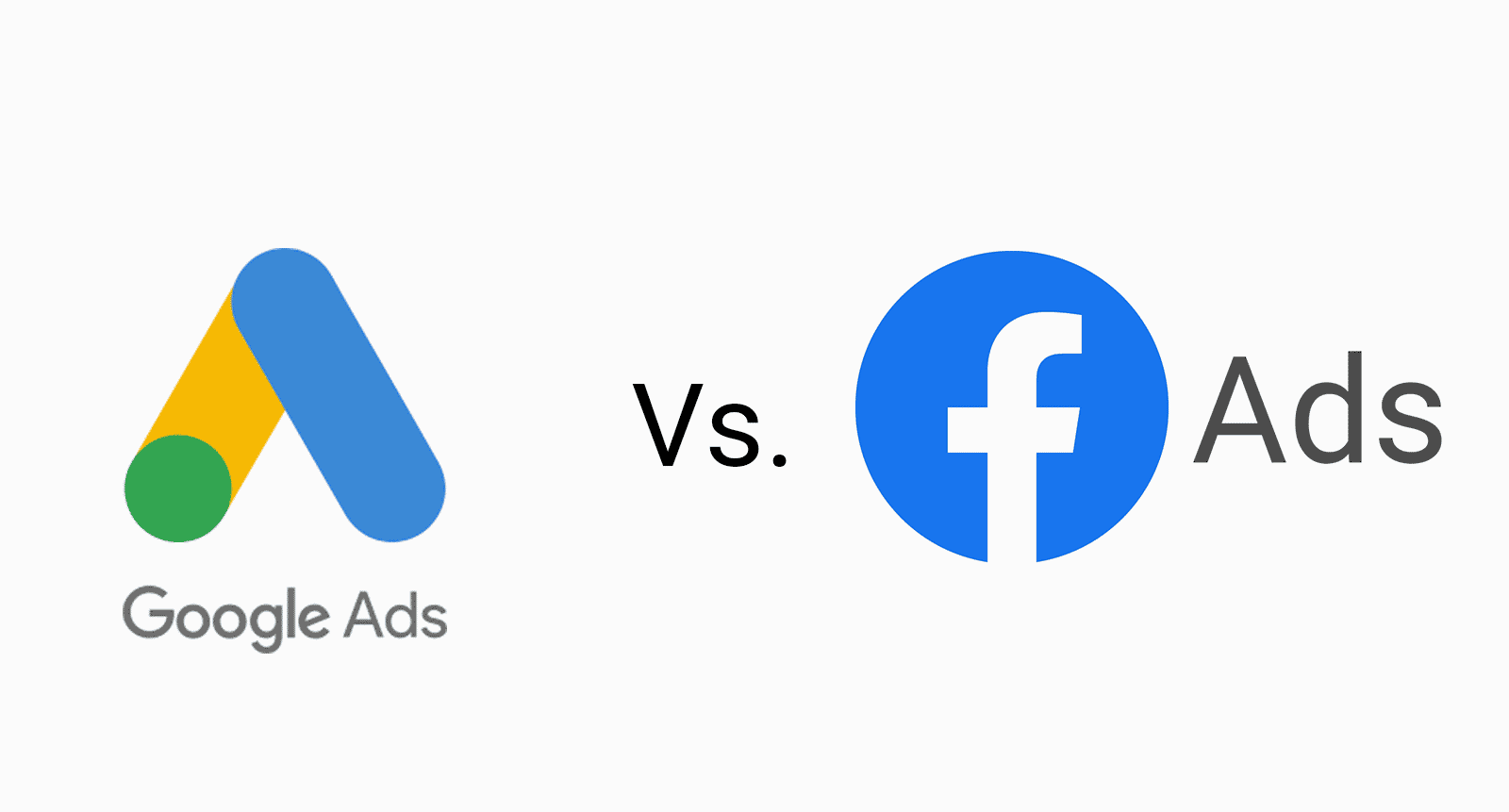
Most property businesses near to reach a variety of end customers. For example, the typical estate agent needs to generate landlord leads, seller leads, rental leads and buyer leads to sustain and grow their business. To generate property leads, you need a solid understanding of PPC and of the property market.
If you’re evaluating Facebook Ads and Google Ads for estate agents’ marketing, I’ve written this article to share my experience managing £100k's in advertising property. I hope help you understand the strengths and weaknesses of both Google Ads and Meta Ads (AKA Facebook Ads) by sharing my personal successes and challenges.
Note: Google Ads offers several networks and campaign types. In this article, we'll focus purely on Search advertising.
Of course, different property businesses will have different needs. Here are some of the common goals for paid media campaigns in property.

Property enquiry leads generated with Google Ads, Facebook Ads and SEO.
As a business, an estate agency needs new leads to drive the business and build the pipeline. Costs per lead need to be profitable, which is why PPC with its sophisticated controls works well. Leads also need to be relevant, of high quality with good potential to convert to instructions. Time wasting leads should be minimised. Lead quality is as important as quantity.
Depending on the areas you work in, you might have a finite number of prospects at any given time. Estate agent PPC campaigns need to make the most of the available audiences. Some campaigns also need a high number of views, often measured in frequency to build brand awareness.
Digital marketing for estate agents can be often split into two groups:
Typically, remarketing PPC campaigns have a cheaper cost per lead than prospecting campaigns. This is because the audience is warm and is familiar with your estate agency brand.
As mentioned, estate agencies have multiple stakeholders. There are multiple leads types that may also have different costs per acquisition.
Tenant leads or rental enquiries are usually the cheapest leads. They typically have a lower lifetime value. Some estate agents won’t advertise for tenant enquiries because they can get enough rental enquiries through Zoopla and Rightmove.
Much like tenant leads, buyer leads can be generated with PPC campaigns or from Zoopla and Rightmove. Property sales have a higher lifetime value for estate agents. For this reason, they tend to cost more than rental enquiries. They are also a good way of generating seller instructions, as many buyers will also need to sell a property. Buyer lead costs vary depending on the area, average property value and competition.
Landlord leads are crucial for estate agent growth. High-quality landlord leads can be worth a lot for real estate agencies so their cost can be higher than sales or rental leads. We’ve found landlord leads can often be generated at around £40 per lead with Facebook or Google Ads.
Much like new landlord leads, generating seller leads through valuations is essential for an agency. We’ve found PPC costs for valuation & appraisal leads are between £5-£120 depending on the process.
Both Facebook Ads and Google Ads are a form of PPC advertising, which stands for pay per click. Both PPC platforms offer some very appealing features for real estate marketing but each has its strengths and weaknesses.

The simple and powerful concept of Google Ads for estate agents.

The use of inspiring property photos and videos combined with text make Facebook Ads engaging and increase click-through rates.
Google Ads and Facebook ads offer very different approaches to PPC advertising.
Google Ads will serve your text ad at the exact moment they make a relevant search. From that respect, Google Ads are very different from traditional advertising. If your targeting and ads are good, you are helping the searcher solve a problem when you offer them properties that are relevant to them.
Facebook Ads are more like traditional advertising in the sense that they interrupt a user while he or she is scrolling through their feed. Though this doesn't sound as appealing as Google Ads' method, with the right targeting and ads users can get useful offers that are of genuine interest to them. The results are genuine interactions that can either happen on your estate agent's website or on Facebook and Instagram. The ability to add images, video and carousels to ads and having more freedom with text length gives you the option to highlight featured properties and stand out.

Both Facebook Ads and Google ads can work wonders in generating property leads. They each have their pros and cons and offer very different approaches. Each one can reach different groups of people in a very different way. That's why they work best when they complement each other.
I recommend using a mix of Google Ads and Facebook Ads for Estate Agent marketing. Paid search offers a very direct way to prospects who are actively looking for property. Paid social shows ads while people or on their feeds but it does work really well. If coordinated together, the two PPC channels can engage your prospects and various stages of their property buying or selling cycle. Usually, the best strategy is to run campaigns on both Google Ads and Facebook Ads simultaneously. You can vary budgets between them based on the results they bring and the objectives you have.
If you’re targeting an area with limited search volume, you might find the Facebook ads help you reach audiences that weren’t actively looking for what you have to offer. You can entice them to take action with appealing images, videos and text.
If you have a lot of properties on your website or clear calls to action, Google search Ads will send prospects to your property pages at a time when they're searching.
I’m a property marketing specialist and PPC consultant with over 10 years of Google Ads experience. I’m based in London and work with clients all over the UK.
I work with a small team of experienced marketers to deliver digital marketing for estate agents and property investors. If you’re looking to grow leads and instructions with Google Ads or Facebook Ads, get in touch and I’ll be glad to help.
Odi Caspi - Real Estate and Property PPC Specialist
